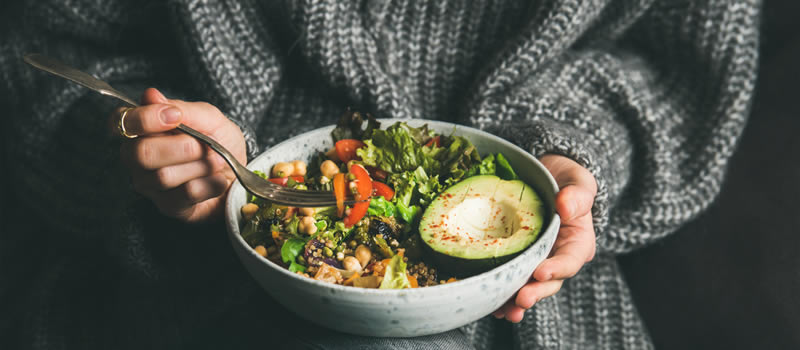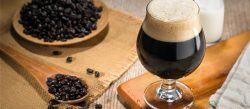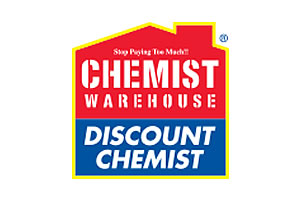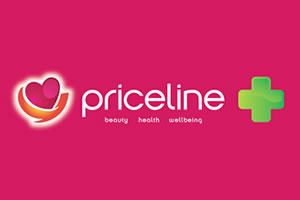What vitamins are essential for vegans?
Published January 31, 2023

People who follow a vegan diet consume only plant foods and avoid all animal products
including eggs, dairy and honey. This could be for ethical reasons, environmental reasons or as
a healthy lifestyle choice. Getting adequate vitamins for vegans can be challenging if it is not
planned well and may require supplementation. However, a well‐planned vegan diet can be
healthy and nutritionally adequate. It may even provide a number of health benefits.
Nutrients commonly lacking in a vegan diet and Vegan food sources
• Vitamin B12 — B12 is an essential nutrient that is almost exclusively found naturally in animal
products. Reliable sources of vitamin B12 for vegans are B12 fortified products
including some soy and cereal products, and B12 supplements. Vitamin B12 is needed
for the production of red blood cells and maintains a healthy brain. The only reliable
vegan sources of B12 are foods that are fortified, including some soy and cereal
products, and B12 vitamin supplements for vegans.
• Protein — Protein is made up of many amino acids, nine of which are termed ‘essential’
because we can’t make them in the body, so they must be consumed. A ‘complete’
protein contains all nine of these essential amino acids. Animal-based food like beef, fish, dairy and eggs are considered ‘complete proteins’, but not all plant-based proteins are. For vegans to obtain all the essential amino acids, they need to consume a variety of amino acid sources throughout the day to provide a range of different amino acids. Protein is an essential component of a healthy diet and is crucial for tissue building and repair. Plant‐based protein can be found in peas, beans and lentils, tofu and tempeh, nuts, seeds such as pumpkin and sunflower and cereals such as buckwheat and quinoa.
• Omega 3 — Diets that miss out on fish, eggs and generous amounts of algae may be
deficient in the omega 3 fatty acids eicosapentaenoic acid (EPA) and docosahexaenoic
acid (DHA), which are needed for heart, eye and brain health. Vegan sources of
Omega-3 fatty acids include flaxseeds or flaxseed oil, walnuts and soya-based
products.
• Zinc — Plant sources of zinc also contain the nutrient phytate and other zinc inhibitors,
which may place vegans at risk of zinc deficiency. Whole grains, legumes and seeds
are important sources of zinc. To reduce the binding of phytic acid and zinc, vegans
should use soaking and sprouting techniques for beans, grains and seeds and consume
leavened bread.
• Iron — The availability of plant‐based iron is much less than that of animal sources so
it’s important that vegans increase their intake of iron‐rich plant foods. Iron-rich plantbased
foods include lentils, chickpeas, beans, firm tofu, tempeh, pumpkin seeds
(pepitas) and sunflower seeds, nuts, oats, wholemeal bread, brown rick, dried apricots,
kale, broccoli, and spinach.
• Iodine — The amount of iodine found in plants and vegetables is directly related to the
environment and soil that they are grown in. To increase iodine, which is essential for
thyroid function, vegans should consume iodine-rich food sources like seaweed.
• Calcium & Vitamin D — Calcium is needed for strong bones and teeth. We
predominantly meet our calcium requirements by consuming dairy foods (milk, yoghurt,
cheese), however, for people following a vegan diet, calcium intake can be increased by
eating leafy dark green vegetables, legumes, almonds, Brazil nuts, fortified soy, unhulled
tahini and some brands of tofu. Vitamin D for vegans is important to regulate calcium
and phosphate levels in the body. These nutrients together are important for keeping
bones, teeth and muscles healthy.
5 ways to improve your intake of these vitamins on a vegan diet
To achieve optimal nutrition for vegans:
- Consume enough protein — Protein is essential for many body processes including
tissue building and repair. Vegans should consume various sources of amino acids
throughout the day from legumes such as peas, beans and lentils, nuts and seeds, tofu
and tempeh and whole grains. - Boost iron intake — Plant‐based iron absorption is improved by the presence of foods
rich in vitamin C, therefore, try to consume meals that include both these nutrients in the
same dish. Vitamin C is found in many fruits and vegetables. An iron supplement may
also be beneficial if iron levels are low — your doctor can check your iron levels and
advise whether an iron supplement is required. - Include plant sources of calcium and zinc — Kale, broccoli, parsley, fortified soy milk,
tofu and figs are all good sources of calcium for vegans. Zinc can be found in tofu, nuts,
legumes, wheat germ and whole grains. - Ensure you get enough vitamin D — Vitamin D for vegans can be achieved with
moderate, but safe sunlight exposure and consume fortified foods such as milk and
butter. - Determine if a vegan supplement is required — Vitamin B12 is important for the
production of red blood cells and helps maintain a healthy brain and nervous system.
Consumption of vegan products fortified with B12 and a B12 vitamin for vegans may be
required because B12 is naturally found in animal products which vegans miss out on.
Vitamins that are readily found in plant-based foods
Nutrition for vegans tends to be lower in saturated fat and cholesterol, and have higher amounts
of dietary fibre, magnesium and potassium, vitamins C and E, folate, carotenoids and other
plant nutrients.
Because I need to supplement a vegan diet, does that mean it’s
unhealthy?
When planned carefully, nutrition for vegans has many health benefits and can provide all your
essential nutritional needs. However, certain nutrients are harder to get from a vegan diet,
either because plant foods contain smaller quantities than animal sources, or because they are
less easily absorbed by the body. Vegans need to be extra vigilant about their diet and ensure
they get enough of these nutrients on a regular basis.
Nature’s Own has developed a range of products that can help to support a vegan diet.
Take a look at the full range of Nature’s Own products that may help to supplement a vegan diet
to ensure you get all the vitamins and minerals you need for long-term health.
Always read the label and follow the directions for use. Vitamin and mineral supplements should not replace a balanced diet.
MAT-AU-2300528
Learn about which Nature's Own product may be appropriate for you.
SEE THE PRODUCTS HERE







